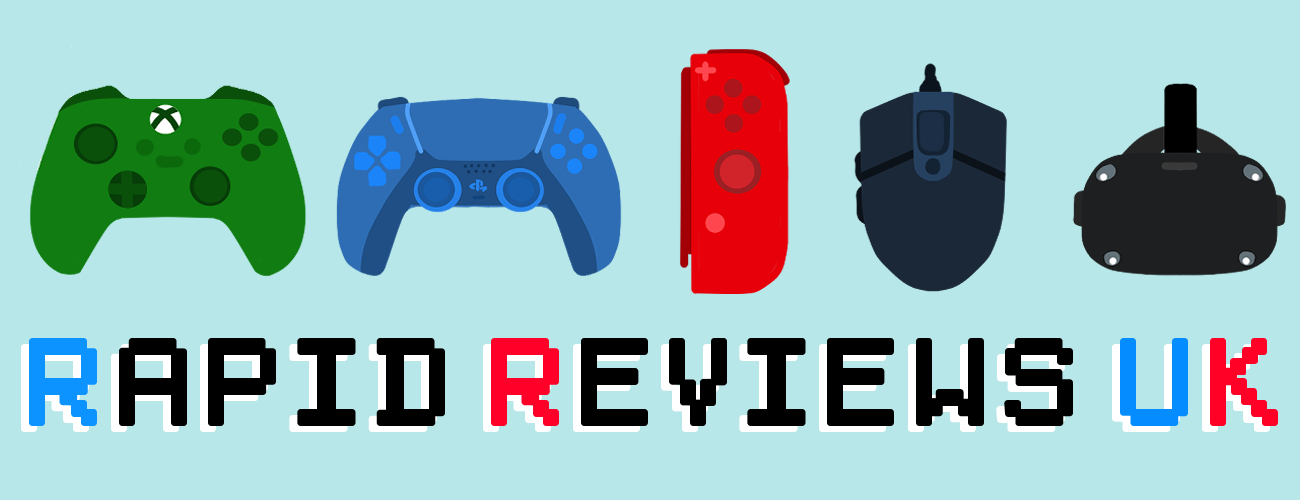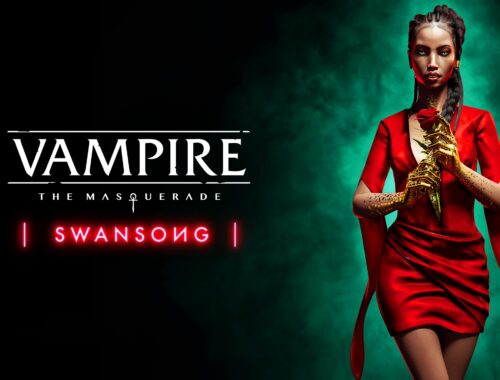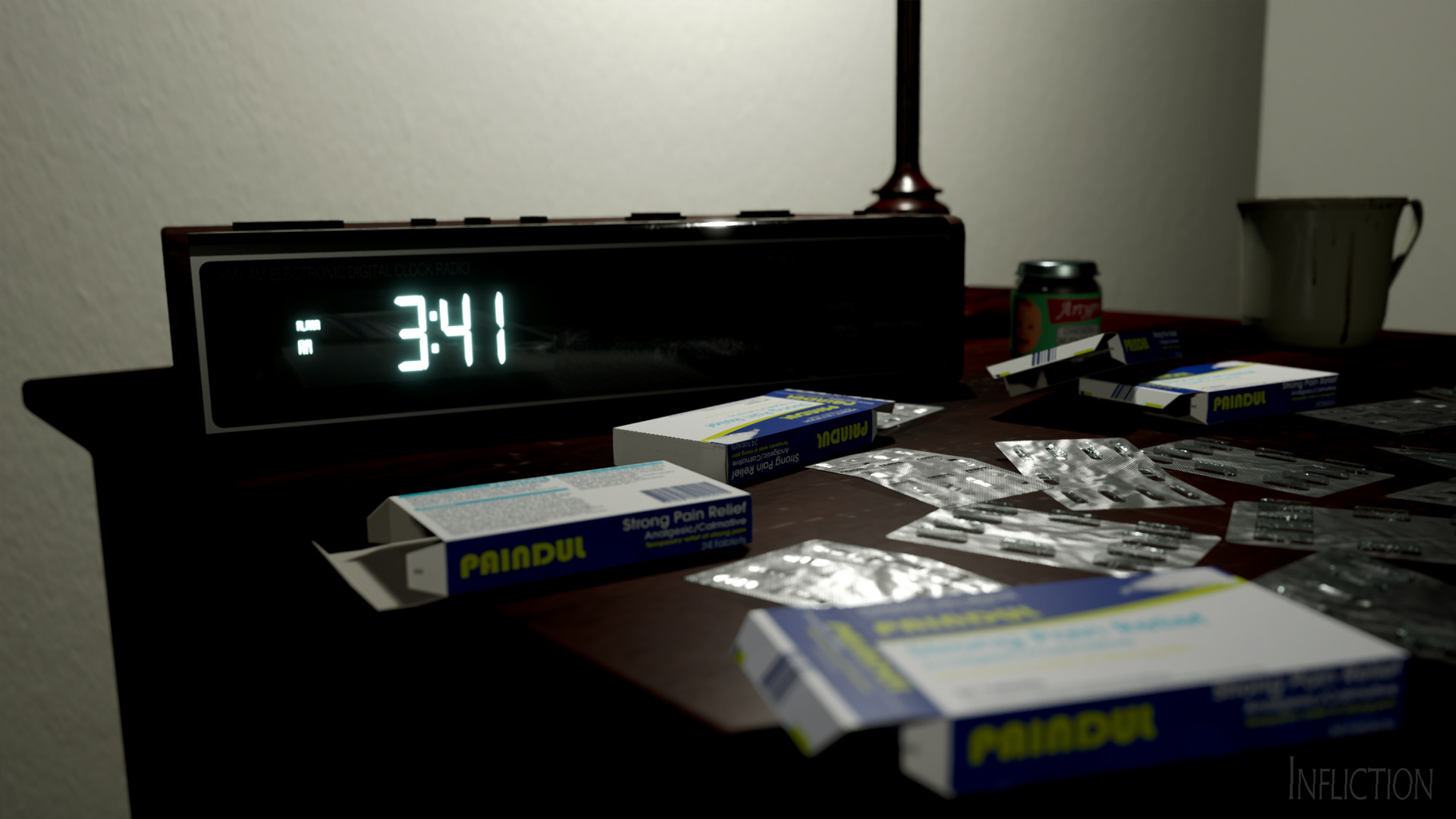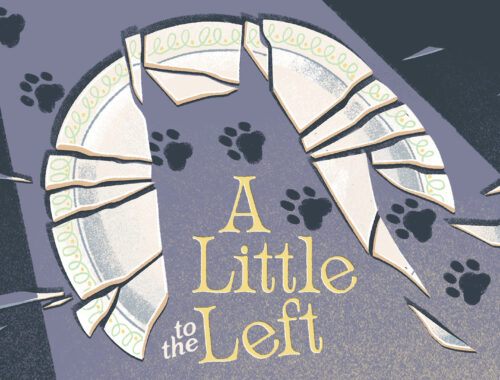9th Impact
This week’s edition of the Indie Corner Spotlight Interview features 9th Impact, an Indie Dev Team from Galway, Ireland.

How long have you been a developer?
I have been developing games since I was 15 when XNA first made Xbox 360 really easy to develop for. I really loved making simple competitive games like space invaders (4 players) and asteroids. I moved to Android development through Eclipse and studied Computer Engineering.
By the time I came out of University, I was hooked on building 3D animations and games in Unity.
It was just amazing how quickly you could make good looking assets and scenes with Unity.

How many years has your team been developing games?
Our team has been making games for about 4 years now. We are primarily a mobile development studio but we started working on Nintendo Switch in the last 12 months.
Who, or what, inspired you to become a games developer?
When I was still in high school I met a game development lecturer who showed me the stuff his first-year students were making on Xbox 360 and it all started there. I loved the idea of being able to make really good looking games on a console that so many people play on.

What was the inspiration for your team’s name?
9th Impact is a name that comes from a theory developed by physicist Professor Michael Berry who said that when playing billiards, in order to calculate where a ball would end up you would need to factor in the gravitational force produced by the people standing next to the table after the 8th collision of the ball. This is why the studio is called 9th Impact.
Describe a usual day in the life of an Indie Development Team.
We have a morning standup meeting to discuss what everyone is doing and then we down our first cup of coffee. Then after 3 hours of hardcore development (programmers program and draw diagrams, artists make art, 3d models, sculpt and texture) we have lunch and our second and third cup of coffee.
Then we might have a game design session where we look at the best parts of our favourite games and critique them and then apply the same look to our own designs and change them a little.
Finally, we have another cup of coffee and settle in for an afternoon of work. All the while we listen to the relentless pouring rain outside on our little, wet island.

Can you describe the process/timeline of developing a game?
No two games are alike, but the process normally follows the inception / the idea / the spark which leads to a lot of arguing about what is important in a game in a certain genre. We spend a few days specifying what the core of the game is and leading to an early design document.
We subscribe to a rapid prototyping approach so we try to test the core parts of our games early. These versions often contain a lot of code and art that needs to be remade, but this time we have a better understanding of what we are after.
We then break the project down into a set of revisions that each contain sizeable chunks of progress. Most times a game is made within 8 revisions and polished within 16 revisions. A revision could take between 1 and 3 weeks.
How do you juggle all of the aspects of games development?
Having a team of really capable developers, artists, testers and doers are really important, everyone really has to feel that their part is important to the whole that is the game.

What is your ambition as a games developer?
We want to make games that are different yet the same quality as the games we have come to expect from the industry. And we want to make the most fun games that we can in each genre. That is our ambition.
What advice would you give to someone who wants to get into the games industry?
Learn something new every day and always improve on some aspect. If everyone on the team does that then you will eventually be successful.

Where do you see gaming heading in the next decade?
There will be more and more titles and more interesting platforms in AR and VR, but the biggest change in the broader industry will be how we play.
I think we will see a big merge of platforms and a world where most titles are released cross-platform because the tools are heading that way.
You can read my review of Danger Mouse: The Danger Games right here.
I want to say a huge thanks to the team at 9th Impact for taking part in my Indie Corner Spotlight Interview series. If you would like your Indie Dev team to be featured in my Indie Corner Spotlight, please get in touch.

You can support the developer by purchasing their game on the Nintendo eShop on the following link, https://www.nintendo.co.uk/Games/Nintendo-Switch-download-software/Danger-Mouse-The-Danger-Games-1438755.html





